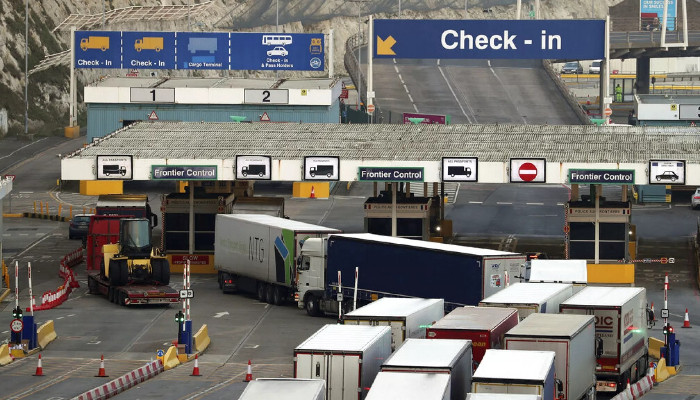What travellers need to know about new EU border checks
 3840 Tuesday, 24 September, 2024, 19:30 The EU's post-Brexit Entry/Exit System (EES) is due to launch in November, but recent reports suggest it may face further delays. In August, EU Home Affairs Commissioner Ylva Johansson confirmed the border checks would come into force on 10 November. “The moment is finally there. There may have been times you believed it will never happen,” Johansson said during a visit to the Tallinn-based eu-LISA, the EU agency in charge of the IT infrastructure behind the EES. “But it's going to happen. Everything is coming together. We're in the final testing phase. There is a real momentum now. Carriers, operators, train stations, airports, everyone is getting ready for the big day.” The EES was first slated to launch in 2022 but has faced multiple setbacks due to IT issues and delays in installing the automated barriers required at all international land, maritime and air borders in the Schengen Area. A new report in UK newspaper the Guardian suggests there may now be further delays as three countries raise concerns about the lack of trials of onsite trials of the technology. Germany, France and the Netherlands are believed to have said they are not ready to introduce the system. As yet, there has been no official update from EU authorities with Frontex, the Border and Coast Guard Agency, declining to comment. When the new system does become operational, non-EU travellers entering the Schengen Area will face new border controls. Which travellers will need to use the EES? Travellers will need to scan their passports or other travel document at a self-service kiosk each time they cross an EU external border. It will not apply to legal EU citizens or residents or those with long-stay visas.
It will apply when entering all EU member states, apart from Cyprus and Ireland, as well as four non-EU countries in the Schengen Area: Iceland, Lichtenstein, Norway and Switzerland. The EES is being introduced to bolster border security and identify travellers who overstay their permitted time in the Schengen Area (90 days within a 180 day period). “With the EES we will know exactly who enters the Schengen area with a foreign passport,” Johansson said. “We will know if people stay too long, countering irregular migration. And the EES will make it harder for criminals, terrorists or Russian spies to use fake passports thanks to biometric identification, photos and fingerprints.” Will the EES cause travel delays? In a European Council report released by non-profit Statewatch, various countries express concern over the EES implementation delays. Last year, they said the amount of time they will have to test the system prior to its launch was rapidly decreasing. French authorities will operate EES border checks at the UK’s Port of Dover, Eurostar and Eurotunnel. They are currently working with the UK government to minimise the system’s impact on border flows and traffic, but express concern about potential waiting times. Government agencies and representatives for the tourism industry have said that the EES will likely cause long queues for ferry traffic sailing from Dover to Calais. |

Signed an agreement on cooperation in the military-technical sphere
174626.02.2026, 20:06
«A landmark moment for our nations’ partnership»: The White House
327709.02.2026, 19:04
Trump wants new, improved nuclear arms treaty as New START expires
559506.02.2026, 00:00
The Government of Armenia is working with WHO to organize the treatment of dozens of children from Gaza in the hospitals of Armenia
378802.02.2026, 11:39
Rubio says territorial issue over Donetsk yet to be bridged between Russia, Ukraine
765228.01.2026, 23:00
The Assembly regrets the excessive polarisation and stigmatisation of political opponents by all sides in Armenia
657626.01.2026, 21:12
Ararat Mirzoyan will be on a working visit to Strasbourg
599926.01.2026, 12:08
The Moldovan Foreign Ministry announced the country's withdrawal from the CIS after the denunciation of key agreements.
797819.01.2026, 22:26
